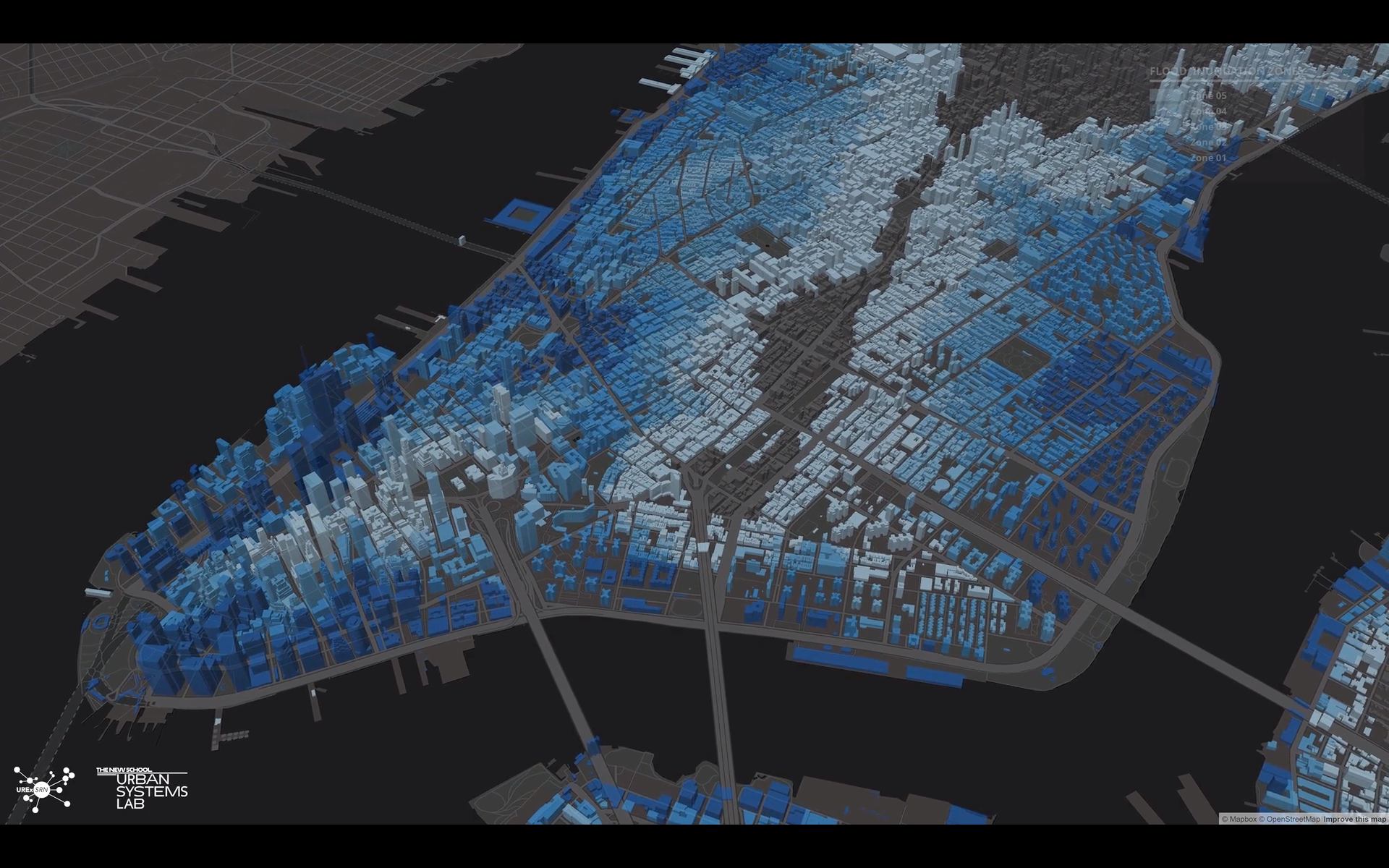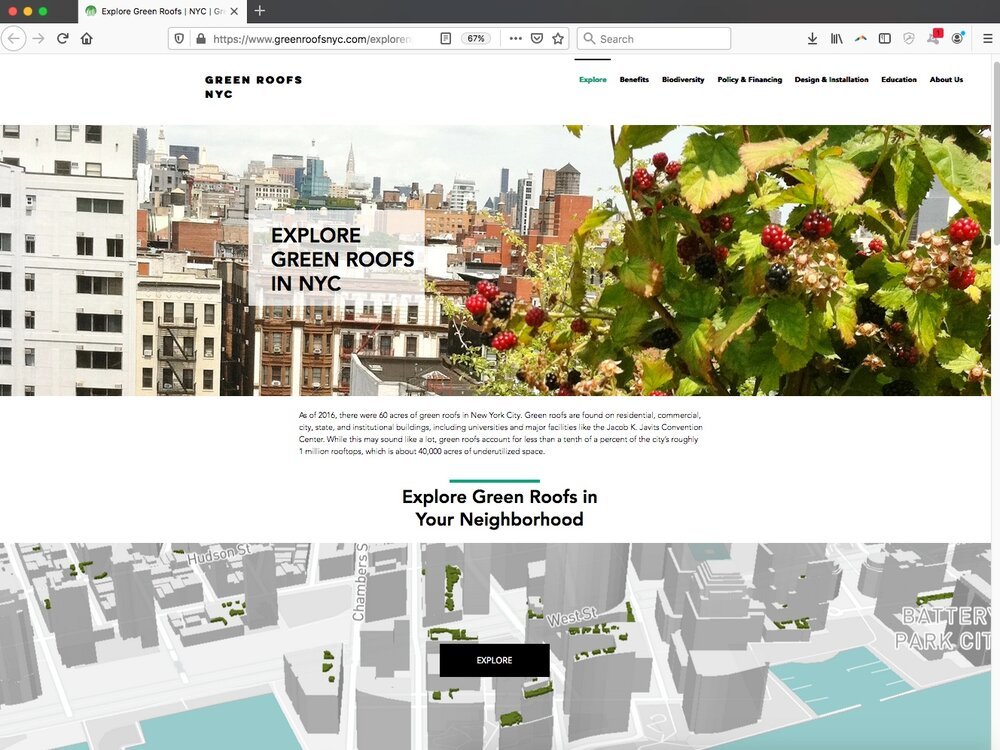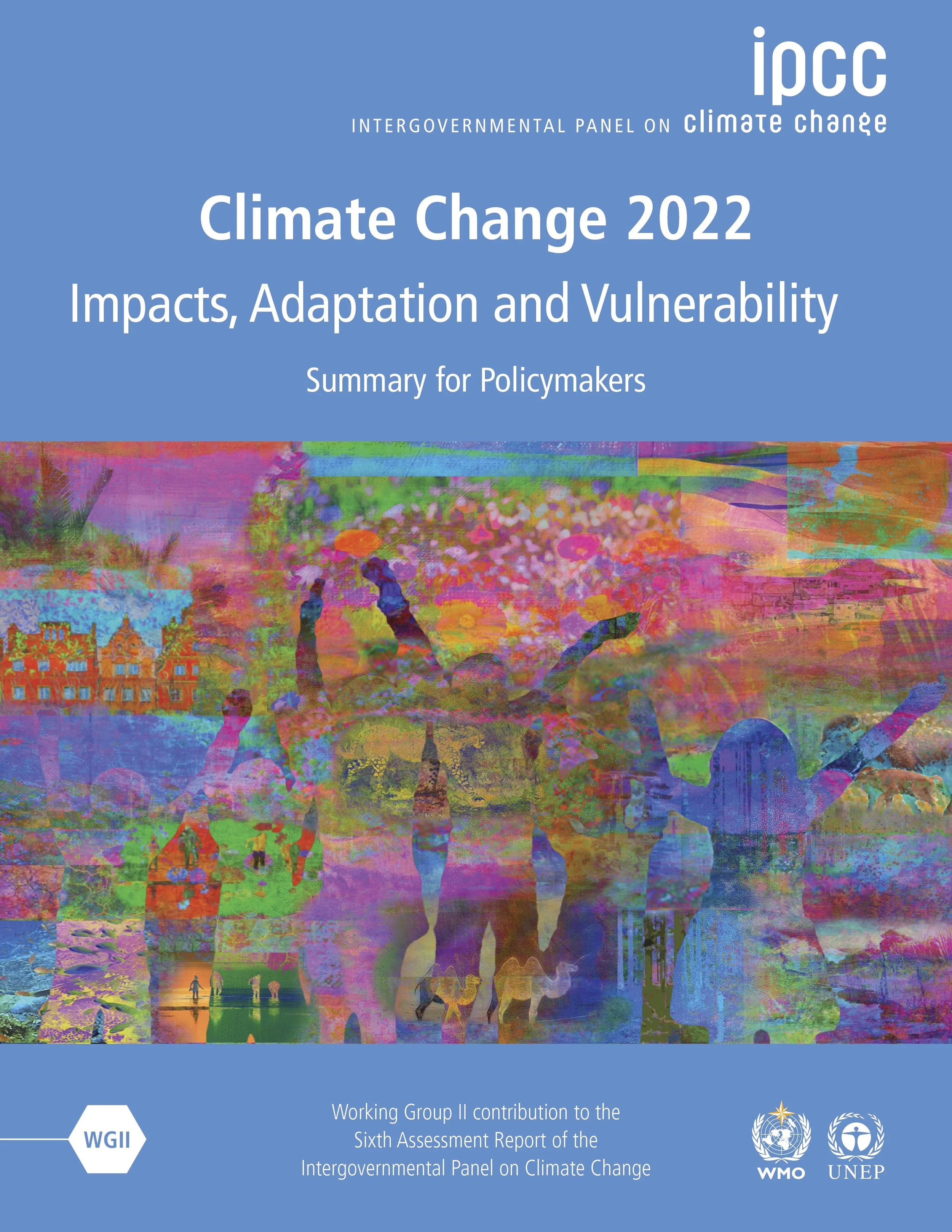A global assessment of research and practice that charts a path for scaling nature-based solutions (NbS) to make cities more resilient, equitable, and sustainable.
Read MoreThe Nature-based Solutions for Urban Sustainability Special Feature highlights the role of nature-based solutions (NBS) in addressing the complex challenges of urban resilience and sustainability amid climate change.
Read MoreGIequity.org is a platform developed by the Urban Systems Lab to share findings from a study of 122 green infrastructure plans across 20 U.S. cities, highlighting inequities in planning and offering insights, data, and tools to support more just and effective green infrastructure strategies.
Read MoreA report developed by researchers at the Urban Systems Lab, Cornell University and others, in partnership with RISE and Universe City exploring strategies for adapting to multiple, compounding climate hazards in New York City.
Read MoreA flood hazard exposure study focused on the Proctor Creek watershed—an area historically impacted by pluvial flooding.
Read MoreThis report evaluates a green infrastructure (GI) network to reduce combined sewer overflows, urban flooding, and climate risks in Southwest Yonkers. Using hydrologic modeling and ecosystem service prioritization, it proposes targeted GI solutions for a 52-acre sewershed along Riverdale Avenue.
Read MoreThe Saw Mill River Watershed Flood Vulnerability Modeling Project, led by the Saw Mill River Coalition and supported by the Urban Systems Lab, assesses climate-driven flood risks and provides tools for long-term land-use planning. The project supports equitable resilience by integrating flood modeling with habitat restoration, public access, and environmental justice goals.
Read MoreUrban Flooding, Equity, and Green Infrastructure: Syracuse as Case Study is a storymap developed to explore Onondaga County’s ambitious green infrastructure (GI) program, which addresses water quality issues caused by Combined Sewer Overflows (CSOs) in Syracuse’s Combined Sewer System, while also highlighting equity considerations in flood risk reduction.
Read MoreAn interactive web application that visualizes Social, Ecological, and Technological Systems (SETS) data.
Read MoreA report from the World Economic Forum's Global Commission on BiodiverCities to synthesize the latest research with practical solutions in the service of sustainable, inclusive and nature-positive urban development.
Read MoreThis report highlights a collaborative efforts with multiple NYC agencies to co-develop six transformative scenarios for New York City’s climate resilience and adaptation to extreme events by 2100.
Read MoreGreen Roofs NYC is a resource to inform residents, developers, and business owners about the benefits of green roofs and connect them with green roof resources, including policy, finance options, and educational curriculum.
Read MoreThe 4th assessment of the NYC Panel on Climate Change (NPCC4) provides insight into the state of the science on climate change and the implications for adaptation and mitigation policy in New York City.
Read MoreThe Working Group II contribution to the Sixth Assessment Report assesses the impacts of climate change, looking at ecosystems, biodiversity, and human communities at global and regional levels. It also reviews vulnerabilities and the capacities and limits of the natural world and human societies to adapt to climate change.
Read More











